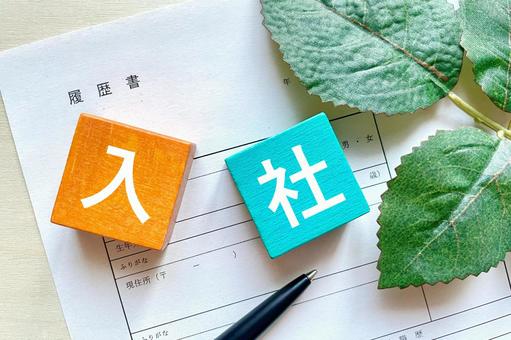2023.3.7
How to apply to a Japanese company from overseas

In this article, we will answer the most common questions and inquiries received from foreigners who want to work in Japan.
Can I apply to a Japanese company from overseas?
Unfortunately, most companies only hire foreigners who are currently living in Japan and have a work visa.
There are companies that will obtain a visa even if you do not have a work visa, such as a college student visa or a special activity visa, but it is necessary to be in Japan to apply.
The number of companies accepting applications from overseas is increasing slightly, but it is still less than 10% of the total.
In this article, we will explain in detail how to apply for a job at a Japanese company while abroad, so please read it through to the end.
work for a company that has a branch office in Japan

The best way is to find a job at a company that has a branch office in Japan and then transfer to Japan.
If you work in Japan for 2 to 3 years after transferring to other Japanese company, you will be able to work in Japan semi-permanently.
There are also other methods, such as entering a university in Japan and finding a job, or coming to Japan on a working holiday visa and finding a job, but these require more money and time.
If you want to work in Japan right now, we recommend that you work for a company that offers opportunities to work in Japan, and then transfer to a Japanese company with a Japanese branch.
This is because most companies only hire foreigners who are currently living in Japan.
If you are transferred from an overseas company to a local company in Japan, your visa will be an intra-company transfer visa.
Intra-company transfers mean that you will eventually need to return to the headquarters of your overseas company, but if you change jobs to a Japanese company, you will receive a work visa and can continue working in Japan for a long time.
How to find a job in Japan

There are two ways to find a job in Japan while living overseas.
① Search for jobs in your country using a job site.
② Use your country’s recruitment agency
The most common misconception is to search for a job on a Japan-only job search website or ask a Japan-only recruitment agency to introduce you to a job.
Most of the job sites in Japan are for Japanese nationals only, so there are few jobs available for foreigners, and you need to live in Japan to apply.
Please note that the same is true for Japanese recruitment agencies, which only introduce jobs to people who are currently in Japan.
Some of the job sites in your country may have tie-ups with Japanese companies, so it is a good idea to check them frequently.
If you find a job that offers opportunities to work in Japan, actively apply for it.
It is not always possible to find a job in Japan right away, so it is a good idea to study Japanese now while you can.
The interview will be conducted in Japanese, so there is no problem if you have N2 level Japanese.
If you pass the interview, the company will take care of your visa application and acquisition, and arrange your residence in Japan.
When is the best time to change a job in Japan?

If you are successfully employed by a Japanese company, you must obtain the JLPTN2 before applying for a job at the next company.
N2 certification is not required (although it would be best if you have it), and N2 level of Japanese language skills are fine.
And work for that company for at least three years.
If you quit less than three years and change jobs, it will be difficult to find a new company, so please try to stay as long as possible.
Why do I need to work for more than 3 years?
This is because in the Japanese companies think that employees who work for a same company for a long time are highly valued.
Conversely, those who repeatedly change jobs within one to two years are unlikely to be hired, even if they have high technical skills and good Japanese language skills.
Therefore, you should first work for the company for at least three years and aim for N2 during that time.
Once you have passed N2 or N1, you can apply for a variety of jobs.
Targets that Japanese companies want to hire

Japanese companies are actively recruiting the following types of foreign nationals
Knowing their employment targets will give you an advantage when changing jobs, so be sure to keep this in mind.
① Young 20s generation with JLPT2
② JLPT N3 Japanese language proficiency, but with at least five years of experience.
If you are still young in your 20s and have N2, you should change jobs as soon as possible, before you are in your 30s.
Japanese companies tend to hire young human resources, so youthfulness is more important than skills.
If you have more than 5 years of experience in Japanese at the N3 level, we encourage you to apply.
Of course, N2 is a must, but as in the case of N2, the younger the applicant, the higher the recruitment rate.
Changing jobs is just like getting married; timing is important.
You have been looking for a position for a long time, but it is too early to apply, so you decide to take the next JLPT test and then apply for the position, but you don’t know when it will open up again.
In the case of popular jobs, it is often the case that a few days late in the application process and the position is already filled.
The best time to apply is when you have the desire to apply.
You never know when a good job opportunity will present itself, so it is always a good idea to study Japanese on a regular basis and to develop your skills.

